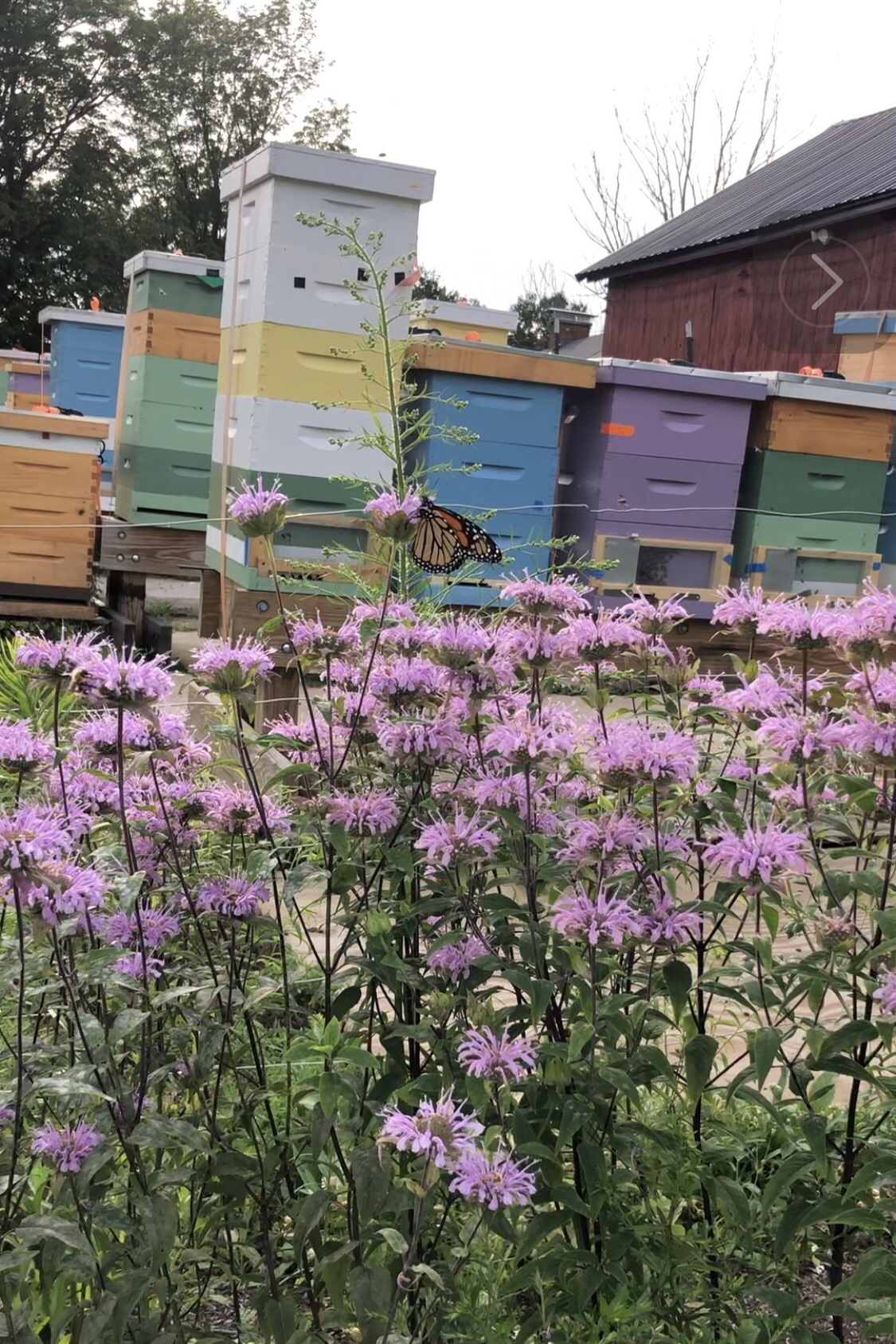Complete Directory
Legend:
Selling Nucs
Selling Queens
Bee Exchange
Other
Musante Farm
Address:
240 Cleveland Rd, Dalton, MA 01226, United States
Description:
Musante Farm
| Bee Information | |
| Bees for sale? | |
|
|
| If "Other" please explain | |
| -- Delivery and installation of bees available -- Beekeeper Education & Training -- Apiary Consultation & Management Services -- Established Honey Bee and Bumble Bee Colony Removals |
|
| What characteristics do you use to select your breeding stock? | |
| When bees are left to live on their own Natural Selection weeds out the genetics that are unable to survive without intervention. Over-time this naturally results in populations of bees that have either a resistance to or tolerance of pests and pathogens. Bees that are resistant are able to keep their mite levels low on their own. This ability has been shown to be associated with 1) an increase in hygienic behavior (which also helps combat pathogens), 2) evidence of extensive uncapping/recapping behavior, 3) elimination of mite-infested brood, and 4) behavioral methods of removing mites feeding on adult bees via biting and grooming behavior. My feral origin queen-lines show evidence of all four of these traits and they have a great ability to keep mites down on their own. The artificial selection I use in my breeding program continues this evolutionary process and attempts to speed it up by selectively propagating from those that exhibit the best of these abilities year after year. Other traits I favor include a lineage history of strong over-winter survival (hardiness), honey production, and excellent resource-dependent behavior (i.e., rapid spring build-up and slowing of reproduction during times of dearth). | |
| Where is the source of your bees and what strain(s) are they? | |
| All of my queen lines originate from colonies successfully living in the wild in Berkshire County, MA and are obtained from my Bee Removal Services. These bees have already undergone strong natural selection for local adaptation and an ability to deal with pests and pathogens on their own. Their genetics may therefore be considered "Northern Survival Stock". I also continue to utilize strong Natural Selection at every step in my breeding program. | |
| Where do the bees overwinter? | |
| Musante Farm Apiary in Dalton, Massachusetts (Berkshire County) | |
| Do the bees spend the whole season in your home location? If not, where do they go and when, and for how long? | |
| Yes. We are a non-migratory operation. Bees remain in their home apiary for 365 days a year. | |
| Do you monitor for varroa mites? How and how often? | |
| Monthly. Active Season: using alcohol washes. Winter/off Season: complete drop counts counted approximately every 30 days. | |
| Have your hives been inspected by an inspector? | |
| Of course. We also participate in the APHIS Honey Bee Pest & Pathogen Survey managed by the US Department of Agriculture every year. | |
Categories:
Selling Nucs
Selling Queens
Other
Facebook Page:
http://www.facebook.com/musantefarm

